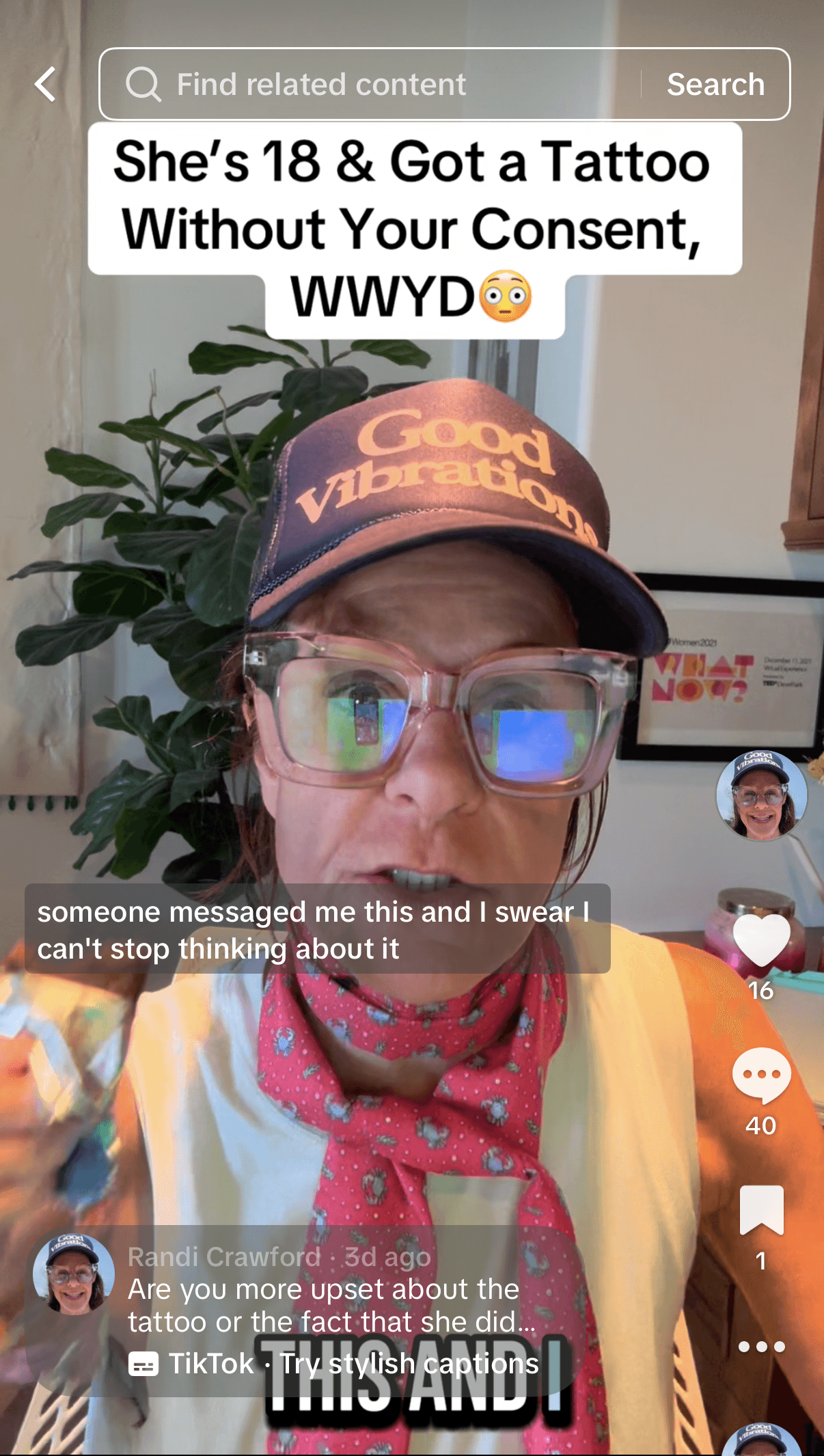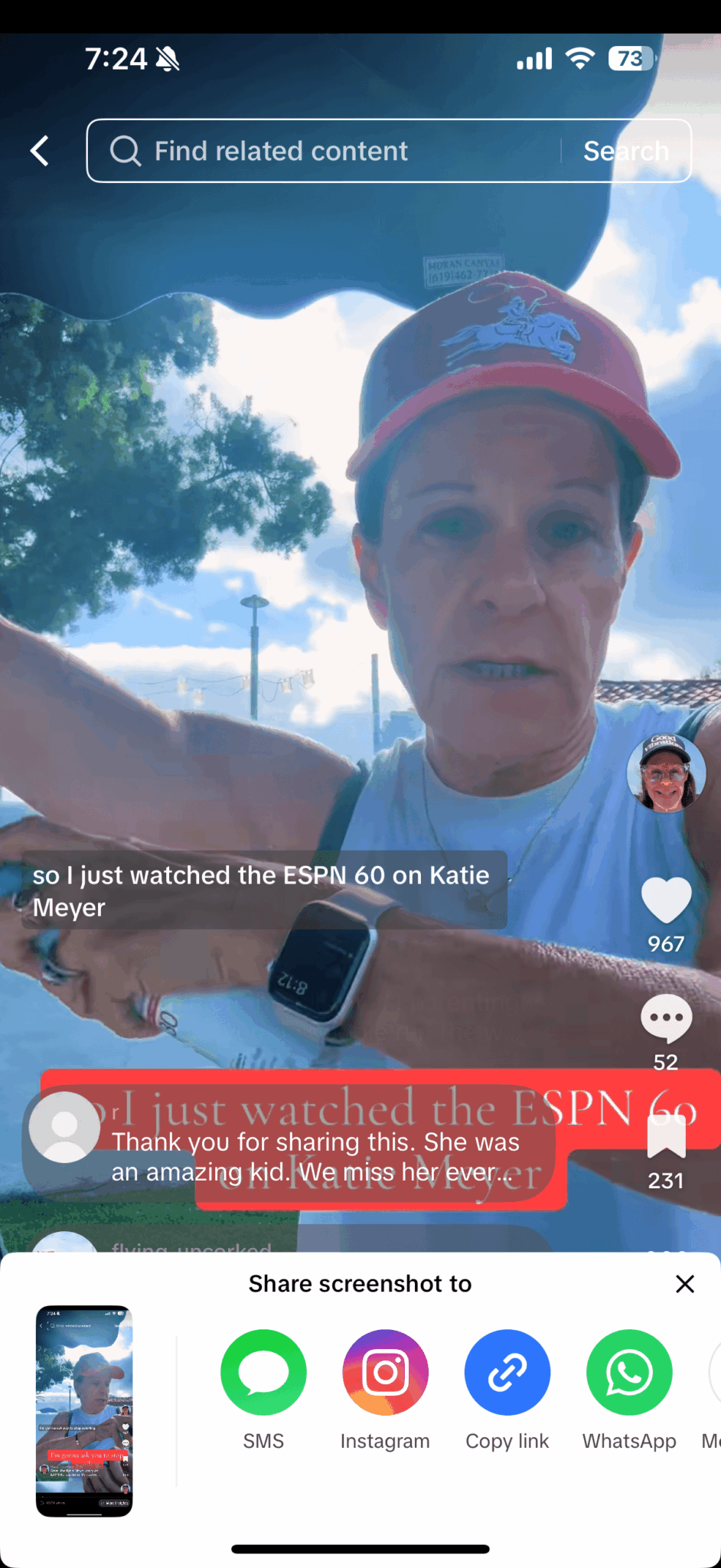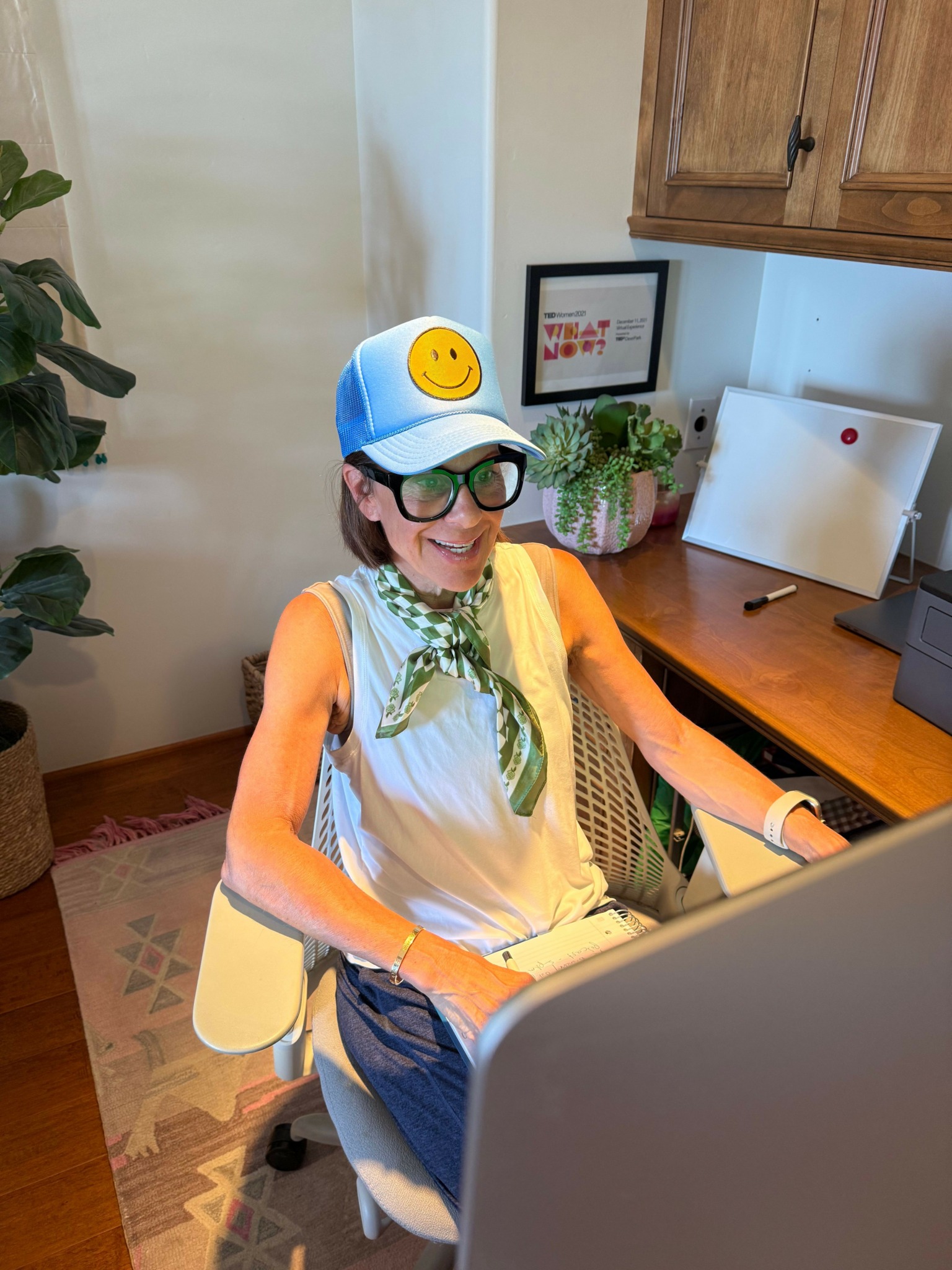We’re excited to introduce you to the always interesting and insightful Randi Crawford. We hope you’ll enjoy our conversation with Randi below.
Randi, looking forward to hearing all of your stories today. So, let’s start with trends – what are some of the largest or more impactful trends you are seeing in the industry?
One of the most alarming trends I’m seeing is the emotional fragility of today’s teens and young adults. This isn’t a criticism, but more of a reflection of how we’ve raised them. We’ve created a generation that is totally unprepared for real life, and it’s costing them dearly. Parents are so afraid of their kids experiencing discomfort or struggling that we’ve overprotected them to the point of harm. We fix their problems, smooth their paths, and now they can barely navigate ordering lunch and deciding between sushi or a salad. These are very capable kids, but they have never been allowed to make choices and deal with the consequences.
This trend hit me like a gut punch last week when I read about a 14-year-old boy from Mississippi who took his own life after getting involved in a sextortion scam. He thought he was talking to another teen on a social media app. The person convinced him to send explicit images, got his phone number, and then demanded $3,000, threatening to expose him to everyone he knew if he didn’t pay. This happens more than you know. This young boy was terrified. But instead of reaching out for help, he took his life.
This is exactly what we try so hard to protect our kids from, and yet it’s still happening. The real issue is that our kids are not equipped to handle the pressures of today’s world because we haven’t prepared them for it. And let’s face it, we (Gen X) know nothing about growing up in a digital world. That’s all new territory, and so as hard as we try to fix the problem, we aren’t getting to the root cause. We’ve focused on making their lives easier instead of making them stronger. We’re unintentionally robbing them of growth because we can’t deal with their discomfort. Basically, we’ve prioritized their comfort over their resilience. I know this is easier said than done, but this is where we are.
Our kids are in crisis. Mental health issues are rising, anxiety is through the roof, suicide and suicidal ideation is higher than ever before, and there’s a terrifying silence around it all. We put so much pressure on our kids today, and we don’t even realize we’re doing it. Kids are afraid to admit they’re struggling because they think they’re supposed to be perfect. Why? Because social media says everyone else is. The highlight reels are enough to make me sick. The girls are all starting to look the same. I can barely tell one from another anymore with all the makeup, filters, editing, contouring, and whatever else they do to try to fit in.
But here’s the good news. We can disrupt the status quo and turn this ship around. We can start having hard conversations at a younger age with our kids. We can stop rescuing and start preparing them for life, but we have to build trust with them first. We must teach our kids that failure, discomfort, and mistakes are normal, and that nothing they could ever do or experience would make them unworthy of our support. We have to stop praising the outcome and start praising the effort. A lot of kids feel like when they do well, or perform, we love them more. Every day life becomes performative, rather than authentic.
We can’t realistically tech-proof our kids’ lives, but we can resilience-proof them. (Is that a thing)? We have the reins in our hands; it’s time to take a step back and let them step up.
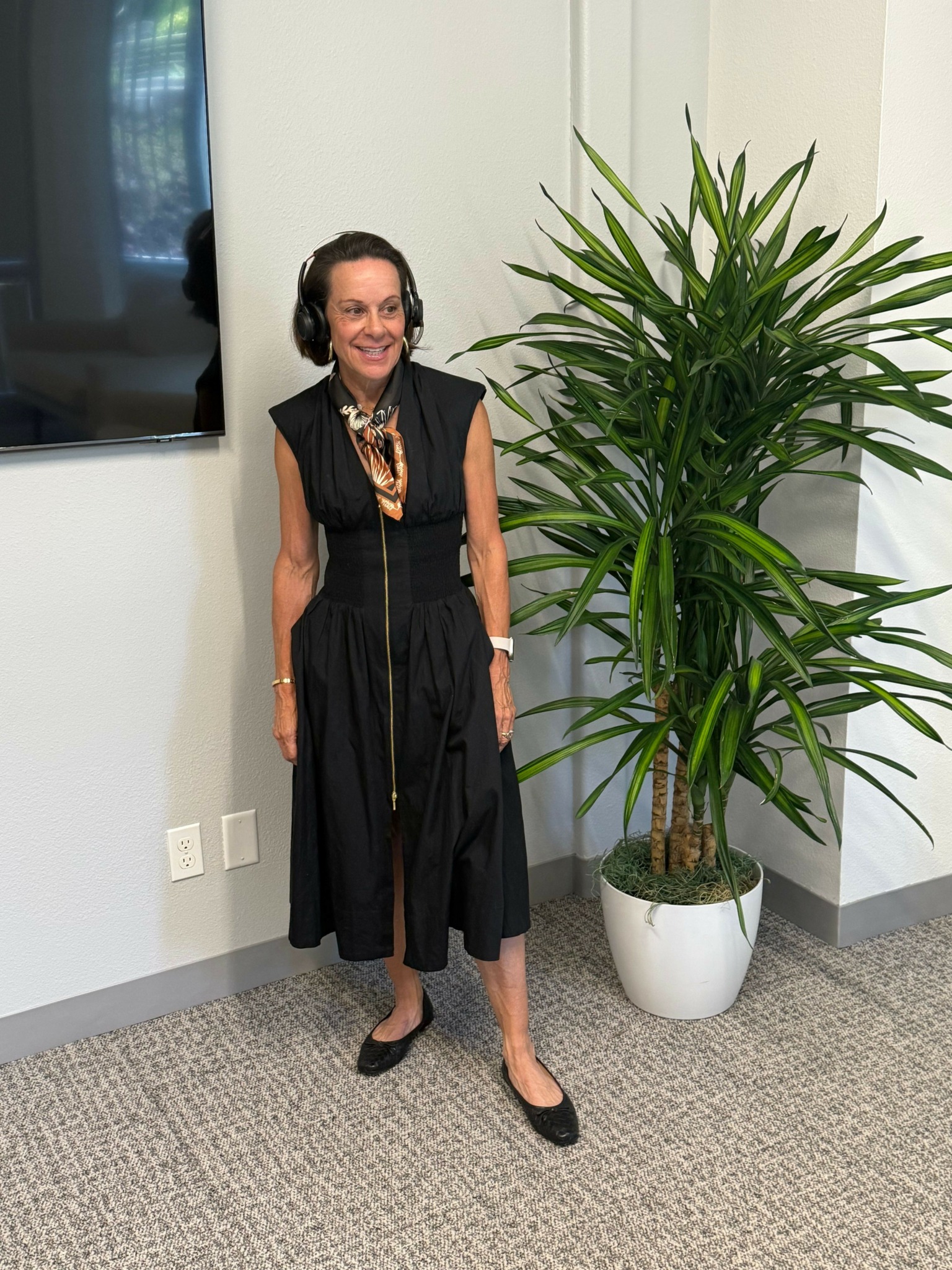
As always, we appreciate you sharing your insights and we’ve got a few more questions for you, but before we get to all of that can you take a minute to introduce yourself and give our readers some of your back background and context?
My journey into coaching started with one goal in mind: I wanted to help menopausal women find their passions and rediscover their purpose. I was living it, and when your kids start breaking away, and you’ve been a mom for 16, 17, 18 years, you feel lost. It’s your identity. So I was drawn to helping this specific woman find her joy in life! I had just earned my coaching certification and was asked to give a TEDx talk, and before long, started getting clients. But life had other plans for me. Instead of coaching menopausal women, these same women called on me to work with their daughters. It was a challenge that I accepted with open arms.
I pivoted my business and began working with teens and college-aged women, and what I found was deeply familiar: a generation of girls who looked like they had it all together on the outside but were struggling on the inside. They were stressed, fragile, exhausted, and lonely. They were terrified of letting down their parents or making a mistake. They couldn’t make decisions for themselves without input from me and all their “friends”. When I spoke with their moms, they had a totally different perception of the problem, so there was a huge communication gap as well. Communication should be so easy, right? But it’s not, because our kids don’t want to let us down. Their moms were exhausted, watching their daughters struggle and not knowing how to help without making things worse.
That’s when my coaching evolved again. I realized I wasn’t just working with young women, I was working with parents as well. I began giving talks to moms and coaching them to let go of the urge to fix everything. I speak about building trust with their kids instead of parenting out of fear. And how they can support their kids in building confidence by trying new things, and being okay when they fail. My philosophy is simple: stop directing their lives and start supporting their growth.
Today, I’m a coach to parents and their daughters, writer, speaker, and content creator focused on raising gritty, independent young adults. My TikTok and Instagram videos combine real-talk talk, humor, and the occasional sports metaphor (I’m obsessed with pickleball and use it in my coaching practice) to deliver relatable, mom-to-mom advice. I never judge, because we’ve all been there, done that. And parenting isn’t a one-size-fits-all approach. We all have to learn to play the supporting role in our kids’ lives and stop trying to be the director. I’m currently working on a book called The Pickleball Parenting Playbook, because both parenting and pickleball teach us life lessons that we can apply to our own families.
What sets me apart? I say what other parenting coaches won’t. I’m not afraid to challenge the modern parenting mindset, but I do it with compassion, humor, and a deep belief that our kids can handle more than we give them credit for. I help parents build relationships rooted in trust, not control. Loosen your grip and placement over power are a few of the pickleball terms that I use with my clients. We don’t always have to come in hot.
What I’m most proud of is the community that’s grown around my passion to help others. It’s not easy being a parent today; it really isn’t. Social media has taken an already difficult job and amplified it substantially. When I receive comments that say “I needed to hear this today”, or texts from clients with their “wins”, it’s all worth it!

Let’s talk about resilience next – do you have a story you can share with us?
I’ve poured years into my upcoming book, The Pickleball Parenting Playbook. I have the vision, the mission, the stories, the content, and the coaching experience to back it up. I chose pickleball because it’s similar to parenting, in that you need communication, teamwork, the ability to lose with grace, to loosen your grip, don’t poach shots, tether to your partner, and all of this can be applied to parenting. We’re in the game with our kids, and the most important moments will happen in the “dinking”, quiet moments, not the big showy bangers. But there’s one thing I didn’t have: a platform.
And building that platform has been the ultimate lesson in resilience.
I’ll be the first to admit, I despised social media for years. I never chased algorithms or put pictures of my kids hitting home runs on Facebook for everyone to ooh and ahh over. That always felt like bragging, and just didn’t sit right with me. I’m a coach, a writer, and a speaker. Not a TikToker. But the truth is, if you want your work to make an impact today, you can’t just write a great book. You have to get people to find the book, and that means posting on social media. Grrrrr.
I leaned in. I started posting daily stories and reels to my audience, and slowly it’s building. I do real-talk parenting situations and ask people to weigh in. I create videos that mix humor, heart, and hard truths, because that’s what resonates with the parents I’m trying to reach. I’m not showy. I don’t apply makeup and get glammed up. I wear my trucker hat, reading glasses, and start taping. I don’t know how to edit and make it pretty. I can’t do transitions or anything fancy. I’m just posting, and what I’ve learned is that everyone has an opinion. If it’s controversial or helpful, people lean in, and that’s a lot of fun. It would be boring if we all felt the same way. We need differing opinions so we can grow as well.
It’s humbling and sometimes, even a little uncomfortable. But it’s also creative and you learn that it’s not for your friends and family. Posting on social media is for you, your mission and your audience. I don’t understand why some people get chippy when their friends don’t like and comment. It’s not their job to blow you up on social media; it’s your job. I’ve used what I learned from grassroots marketing many years ago, including relationships and word-of-mouth, and given it a digital nudge. I’m not trying to be an influencer or sell you anything. I want to spark conversations that make parents feel less alone and more empowered.
I’m proud of the book I’m writing and the clients I have, but it’s the fact that I’m willing to get scrappy and grow in the process. I have no ego, and if someone offers me tips, I’m a sponge, willing to soak it all in. Because if I’m asking parents to do hard things, I better be willing to do them too.
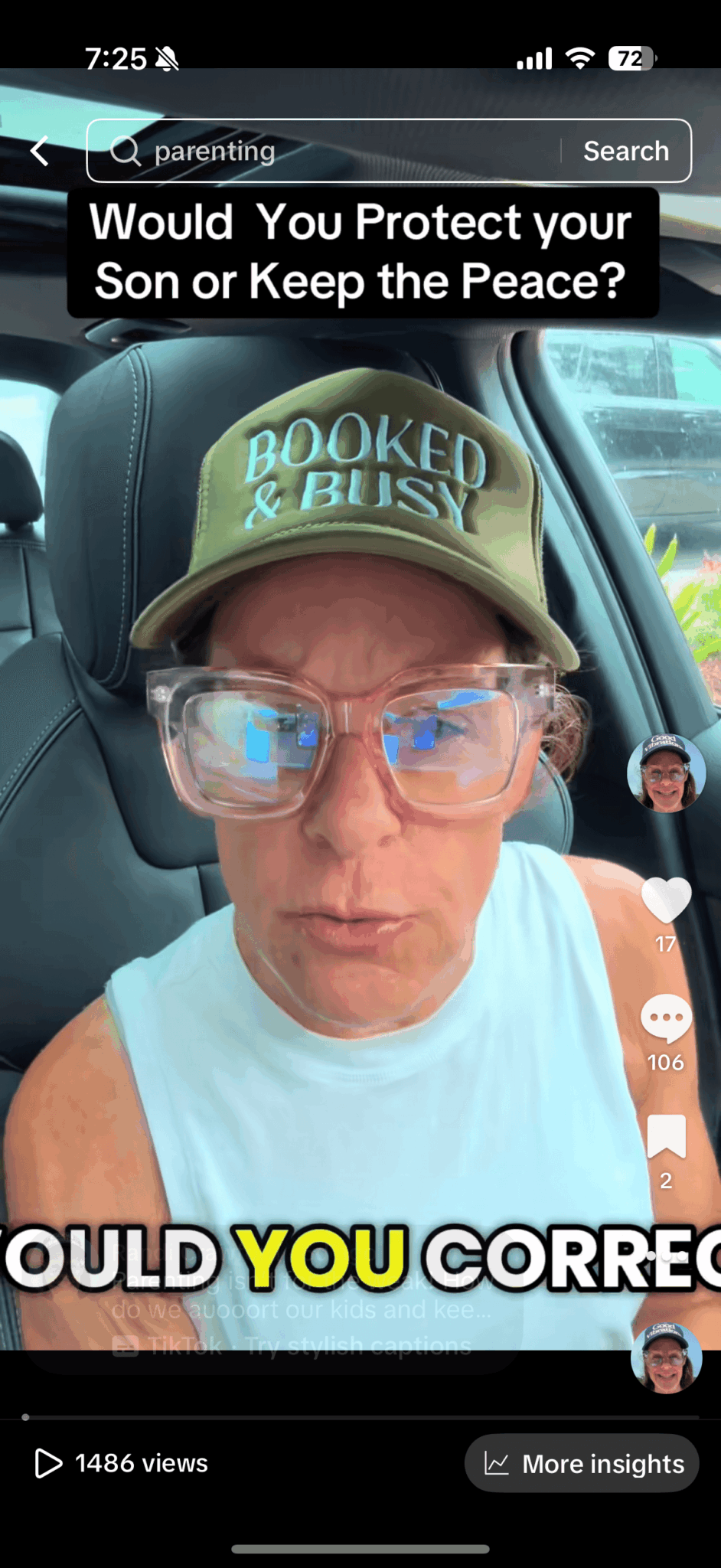
How’d you build such a strong reputation within your market?
I don’t run ads, and I do everything in my power to downplay the “life coach” title. That never sat well with me. I am a coach, and I am your biggest cheerleader. Referrals is my marketing. Girls trust me and know that I’m an ear to listen, someone who will give them the truth, and unless they are hurting themselves or someone they love, I don’t spill the tea with their parents. They tell their friends, and here comes the old school grassroots marketing. Social media is also my marketing, and even there, I keep it real. Honesty is one of my core values and always has been. I tell the truth, even when it’s hard to hear. I don’t sugarcoat, I don’t blame, and I let clients know that they are not victims.
People come to me because they want clarity, and direction. I help them get from Point A to Point B by asking good questions, and if they want my opinion, they’ll get it straight. I believe in accountability, ownership, and honesty, delivered with humor. If we’re not laughing by the end of a call, I haven’t done my job. I always like to end a session on a positive note.
The way I see it, in a world full of curated content, authenticity stands out. I’ve been told I’m too much, and that’s okay. We’re not for everybody.
Contact Info:
- Website: https://www.randicrawfordcoaching.com
- Instagram: @randicrawfordcoaching
- Linkedin: https://www.linkedin.com/in/randi-crawford-34a4204a/
- Other: Tiktok @randicrawfordcoaching
